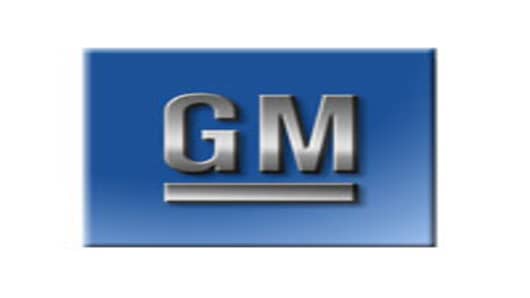But according to the Wall Street Journal, UAW International leaders in Detroit have began calling local leaders at GM plants across the country late Sunday night telling them to prepare to go on strike Monday at 11 a.m. if no deal was reached. GM Spokeswoman Katie McBride declined to comment. UAW spokesman Roger Kerson also declined to comment.
Any new contract would have to be ratified by GM's 73,000 UAW-represented workers.
GM and the UAW have agreed to the broad terms of a deal that would reduce GM's nearly $5 billion annual health-care bill, people briefed on the talks said on Saturday.
Although the details were not yet available, the ground-breaking deal would allow GM to shift responsibility for retiree health care to a new trust fund. Wall Street analysts have said such a step could cut GM's annual costs by $3 billion in exchange for a one-off payment expected to top $30 billion.
Questions Remain, Outcomes Crucial
The outcome of the contract talks is seen as crucial to efforts by the three Detroit-based automakers -- GM , Ford Motor and Chrysler -- to recover from combined losses of $15 billion last year and sales difficulties that have driven their share of the U.S. market below 50%.
It was not yet clear how fully GM would have to fund a special trust -- known as a voluntary employee beneficiary association, or VEBA -- in exchange for shifting its estimated $50 billion liability for retiree health care to the fund.
Other key issues that remain to be clarified include how GM funds its VEBA contribution and whether the UAW deal allows the automaker to issue stock or tap its over-funded pension for some of the amount.
Harley Shaiken, a labor expert at the University of California-Berkeley, said the UAW would probably be open to accepting a slightly lower funding level for the trust if GM were to make all its contribution in cash.
"With the trust fund you have got two sets of key issues -- first, the trust fund itself, and second is future investment by GM (in the United States)," Shaiken said. "Strong job security protections will influence the final shape of the trust fund package."
Earlier this year, the UAW agreed to a VEBA for bankrupt auto supplier Dana Corp funded at 71% of its liabilities, a level considered to be a benchmark for GM.
One person familiar with the UAW's bargaining stance said the union expected a VEBA deal with GM would give it leverage to extract similar agreements from Ford and Chrysler.
That would create a pool of funds UAW leaders see as giving the union a powerful stake in the growing debate on reforming the costly and private-sector-dominated U.S. health-care system, the person said.
Part of the funding for the VEBA could also come from cost-of-living increases that would otherwise have been paid to active workers. The UAW has allowed such transfers to pay for health care in contracts going back over 25 years.
Representatives from the UAW and GM have declined to comment on the content of the talks under standing orders from both negotiating teams.
GM, Ford and Chrysler are seeking concessions from the UAW to close a labor cost gap with Toyota Motor and other Japanese automakers operating in the United States that they say amounts to more than $30 per hour for the average factory worker.


